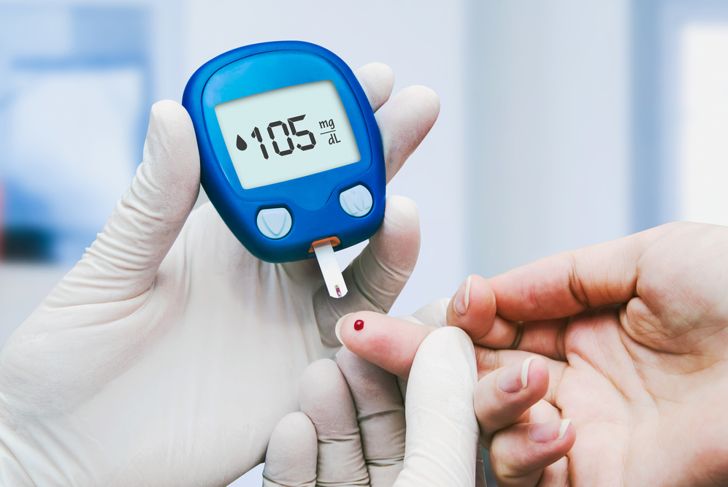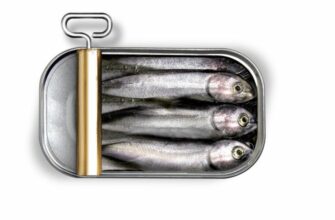Intermittent fasting (IF) is a simple yet intriguing concept some people adopt to improve their health. Celebrities and nutrition experts have catapulted IF into the spotlight, and its remarkable results impress some researchers and followers. While data is still limited, studies highlight positive effects on insulin levels, inflammation, weight, cognition, and more. Intermittent fasting has many variations, which may confuse someone new to the idea. Once you understand the fundamental aspects, you will be better equipped to decide whether the eating method might work for you.
What are the different types of intermittent fasting?
With the 5:2 plan, you eat normally for five days a week and take in 500 to 600 calories the other two days. Alternate day fasting follows a pattern of eating normally one day and severely restricting calorie intake the next day. With time-restrictive fasting (TRF), you eat only within certain hours of the day. The 16:8 diet is the most popular TRF regimen, where you consume all your daily calories within a specific eight-hour time frame and fast the other 16 hours. Some people fast for 12,14, or 20 hours a day.
How does intermittent fasting slow aging?
Researchers note that intermittent fasting can help people combat obesity, diabetes, and cardiovascular disease, illnesses that are risk factors for age-related diseases such as Alzheimer’s. Periodic food restriction lowers brain inflammation and protects nerve cells, according to animal studies. It also activates autophagy, a cellular process by which the body breaks down and recycles worn-out cell components.IF promotes the secretion of human growth hormone, which helps preserve lean muscle mass and boost fat burning.
Can I exercise while fasting?
Research indicates that working out together with IF may bolster the health benefits of both regimens. In a 12-week study using the 5:2 protocol (five days of normal eating, followed by two days of restricted calories), participants who followed an exercise routine experienced greater weight loss than those who only exercised or fasted. Some IF experts recommend fasting overnight and exercising in the morning before breakfast. After fasting overnight, your muscle energy stores of glycogen, are depleted. Therefore, your body burns fatter to fuel exercise.
Can intermittent fasting help with diabetes?
Almost 10% of Americans and Canadians have type 2 diabetes, which may be accompanied by or lead to other serious illnesses and early mortality. Mounting research indicates that IF may help halt the progression of type 2 diabetes. Some doctors suggest that therapeutic fasting can eliminate the need for insulin and regulate blood glucose levels. The British Medical Journal published a case report in which men fasted — consuming few calories — on alternate days. Within one month of starting IF, these individuals weaned themselves off insulin self-injections. After ten months on the IF regimen, the men lost significant weight and their blood glucose readings fell, and they were able to reduce their diabetic medications. Such treatments for existing conditions should only be done under the guidance of a medical professional.
How long does it take to get used to intermittent fasting?
According to nutrition professor and fasting researcher Krista Varady, your body may need at least five days to become adjusted to the pattern of eating and fasting. Experts recommend beginners start with larger eating windows and gradually lengthen fasting time frames to make the transition easier. They suggest that feeling a little hunger is a good thing because it helps foster a deeper mind-body connection.
Does it matter whether I eat early or late in the day?
Research strongly suggests that the times you eat are as important as what foods you consume. Due to circadian rhythms, insulin sensitivity is at its peak earlier in the day and decreases as the day progresses. Eating later can disrupt the circadian rhythm and heighten the risk of type 2 diabetes over time. Nighttime meals tend to trigger greater insulin exposure than meals consumed earlier. Large bodies of scientific literature link nighttime eating with elevated risks of obesity, cardiovascular disease, diabetes, and even cancer. A meta-analysis in the Annual Review in Nutrition cites observational studies that indicate caloric intake earlier in the day may mitigate the risk of these chronic diseases.
What can I eat or drink during fasting times?
Intermittent fasting is not a diet; it’s a matter of when you eat or do not eat calorie-bearing foods and drinks. What you consume during your fasting periods depends on your health goals. You may choose to cut out all foods or beverages, but this is not necessary. Whatever IF model you follow, water and other non-caloric drinks are always an option. If you opt to consume foods during fasting times, limit your daily energy intake to 600 calories or less. A little sugar or milk in your coffee occasionally will not violate your fast. Fasting expert and author Dr. Jason Fung advises against diet sodas during fasting. Although they have no calories, the sweeteners may impact insulin levels and stimulate the appetite. Gin Stephens, another fasting expert, states that protein-rich liquids such as bone broth may impede autophagy, which fasting promotes.
What do I eat when I’m not fasting?
You can eat and drink whatever you desire during your eating time frame. Nutrition experts agree that you will benefit more from intermittent fasting by adopting an eating plan that includes whole, minimally processed foods. Foods rich in fiber and protein help you feel full longer so you may become satisfied with less. Cutting back on refined carbohydrates and greasy foods can help lower inflammation and promote weight loss. It is important not to overeat when you end your fasting time, as this could cause stomach aches and sabotage your health goals.
How do I deal with mental fog or fatigue while I’m fasting?
Stay hydrated by drinking plenty of water every day, fasting or not. Some nutritionists maintain that calorie-free black coffee can help boost energy and concentration. Mindfulness techniques such as meditation may also help with mental fog. Try low-impact exercise or light physical activity. Some people experience greater energy and clarity with IF.
Do I have to stop eating out with friends to stick with IF?
One of the many benefits of intermittent fasting is its flexibility. This helps people maintain their eating and fasting routines. You can adjust your eating schedule according to your social plans. If you stray occasionally, get back on track when you can. While you want to keep your health goals in mind, you do not have to become a slave to them.IF is a lifestyle choice that you can adapt to your own schedule. However, check with your health care provider to make sure intermittent fasting is right for you.

 Home
Home Health
Health Diet & Nutrition
Diet & Nutrition Living Well
Living Well More
More




















